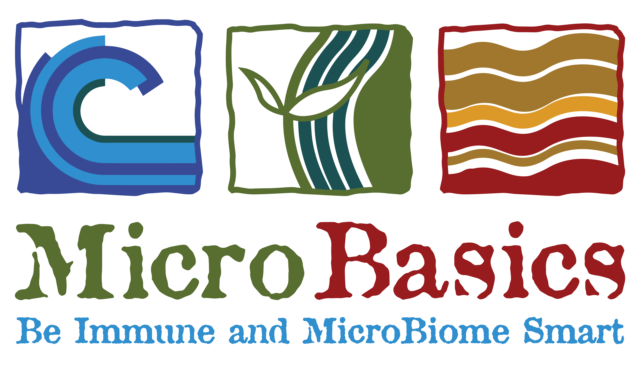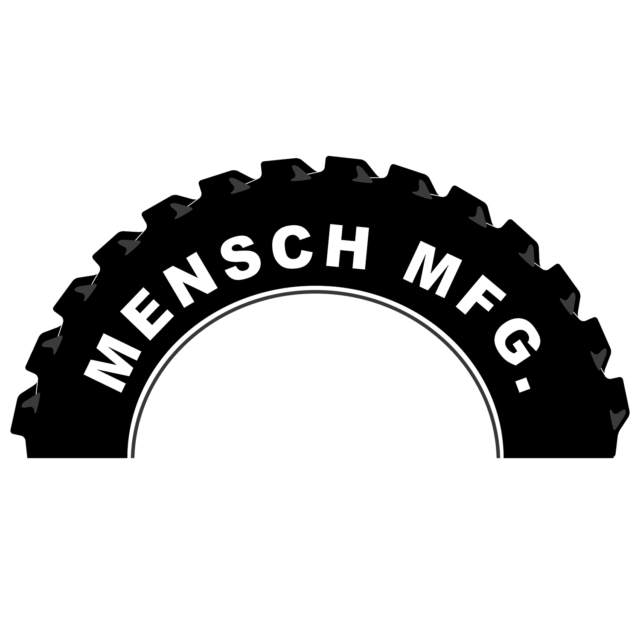One example is with checkoff-led strategies to reach Gen Z consumers (ages 10 to 23). This work has resulted in new ways to communicate dairy’s health benefits to this important audience. Anne Warden, executive vice president of strategic integration; and Dr. Michelle Slimko, senior vice president of sustainable nutrition and environmental research, recently discussed how these efforts come together. Here are excerpts from their conversation.

Anne Warden
Executive vice presidentof strategic integration

Dr. Michelle Slimko
Senior vice president of sustainable nutrition and environmental research
WARDEN: One of dairy’s most important opportunities is winning with the next generation of consumers, particularly Gen Z. And doing that starts with having a deep understanding of what they want from products and aligning their needs with dairy’s evidence-backed benefits – for personal health and wellness, and for consumers who want products made with care for animals and the planet. Dr. Slimko and I – along with our DMI and state and regional checkoff colleagues – worked with our consumer intelligence experts to isolate dairy benefits with the greatest opportunity to meet Gen Z’s needs. Beyond dairy’s taste, versatility and responsible production, we pinpointed four areas where dairy can reassert its role in Gen Z’s health-focused lifestyle: immunity, calm, energy and digestive health benefits. This serves as the cornerstone of our new campaign, Reset Yourself with Dairy.
SLIMKO: We can credibly position dairy within these areas thanks to continued checkoff-led research. We’re building on over 100 years of science via National Dairy Council by adding a consumer-first lens and pivoting to become more targeted to address Gen Z. This allowed us to think about not only connecting the science to consumers in terms of dietary guidance but connecting the science in a way that addresses their evolved definition of health and wellness – and the type of products they’re looking for. We know they are thinking of health beyond just the reduction of chronic disease, for example, but also how food can impact their mind, body and spirit or holistic health.
WARDEN: The big thing the dairy community can recognize is: Sure, Gen Z is redefining wellness trends, but dairy has unique opportunities to win in this space. It’s an opportunity to reimagine milk in a way that is highly relevant to this generation and sets dairy apart from other options, while remaining committed to strong nutrition science.
SLIMKO: Right, and we’re not doing this instead of something else or dropping priorities that matter to farmers, such as school nutrition or dietary guidance, or the health impacts of whole milk. We have not lost sight of our legacy work; we’re simply enhancing and making strategic pivots because we know it’s good for dairy’s future.
WARDEN: Gen Z is very particular about finding products that align with their lifestyle and values. If you don’t give them information about how your product does that, they will find it themselves, and that opens space for competitors or dairy detractors to step in. Decades of farmers’ investment in science and proof points will assure our messages surrounding these benefits will be ironclad. But when it comes to making products relevant to Gen Z, it can’t solely be about dairy’s functional benefits. They want to know, “How can it make my body and mind perform and how can it make me feel my best? Does it fit with my busy lifestyle?” We can counter the anti-dairy narrative by focusing on how dairy delivers wellness in the personal and modern way they want it.
SLIMKO: It makes me think of the flip side. If the checkoff didn’t invest in this research, we would be starting from ground zero. Instead, we have a strong foundation, which illustrates the importance of research investment. We can work from what we know about dairy nutrition and connect that to consumer positioning that emphasizes areas important to them.
WARDEN: We’re targeting communications and products to meet the demand for food and beverages that address these needs. For example, there is demand for products that bring calm and steadiness – so this fall, when teens and young adults returned to a hectic schedule, we leaned into how milk, cheese and yogurt provide a calming moment. Our research indicates Gen Z wants their immune systems as healthy as possible, so our science shows how a diet featuring dairy can support that. Our research also showed that while digestive health isn’t something Gen Z proactively discusses, it can be a reason why they won’t consume dairy.
SLIMKO: That’s a great reminder that dairy can fit into every lifestyle because of its array of choices. For example, fermented foods with live and active cultures are important to gut health and inflammation. There’s evidence that yogurt with live cultures, hard cheeses and kefir can be part of the solution for digestive health. It’s now our opportunity to position it, which is why our teams are stronger together.
WARDEN: Another aspect of our research addressed Gen Z’s environmental views, and we learned they think about the environment when they purchase a product, but they’re mostly looking for reassurance: “Is this company or industry doing something that is good for the planet?” We have many tangible examples of farmers doing amazing things to protect and enhance the planet, plus their commitment to do more. Caring for the environment is part of Gen Z’s personal brand, and they wear their purpose on their sleeves. So we must ensure they feel proud of the dairy they are consuming.
SLIMKO: That is the icing on the cake and where we’ll win. Dairy is the whole package. We will continue to build the evidence and science to support that dairy is good for people, the planet and the community. ![]()
PHOTO: Getty images.
To learn more about your national dairy checkoff, visit U.S. Dairy or send a request to join our Dairy Checkoff Farmer Group on Facebook. To reach us directly, send an email to Talk To The Checkoff.
Your Dairy Checkoff in Action – The following update is provided by Dairy Management Inc. (DMI), which manages the national dairy checkoff program on behalf of America’s dairy farmers and dairy importers. DMI is the domestic and international planning and management organization responsible for increasing sales of and demand for dairy products and ingredients.



